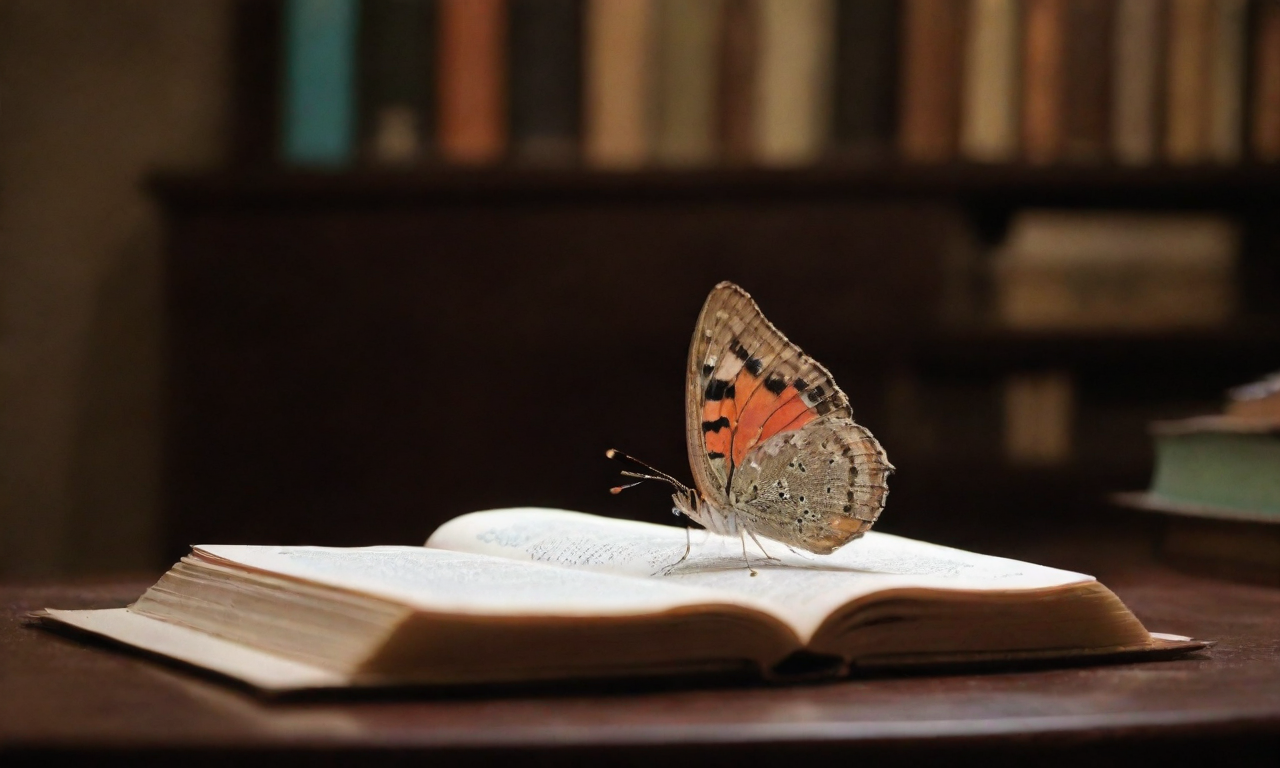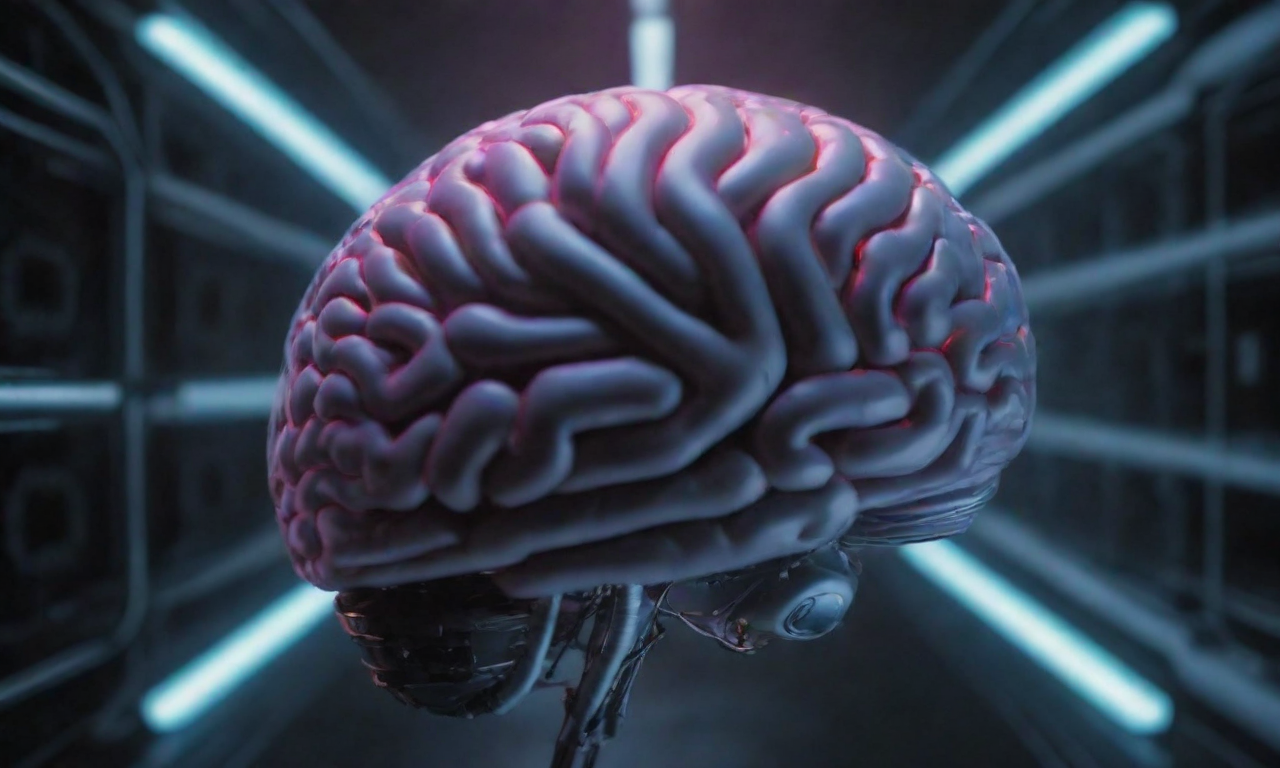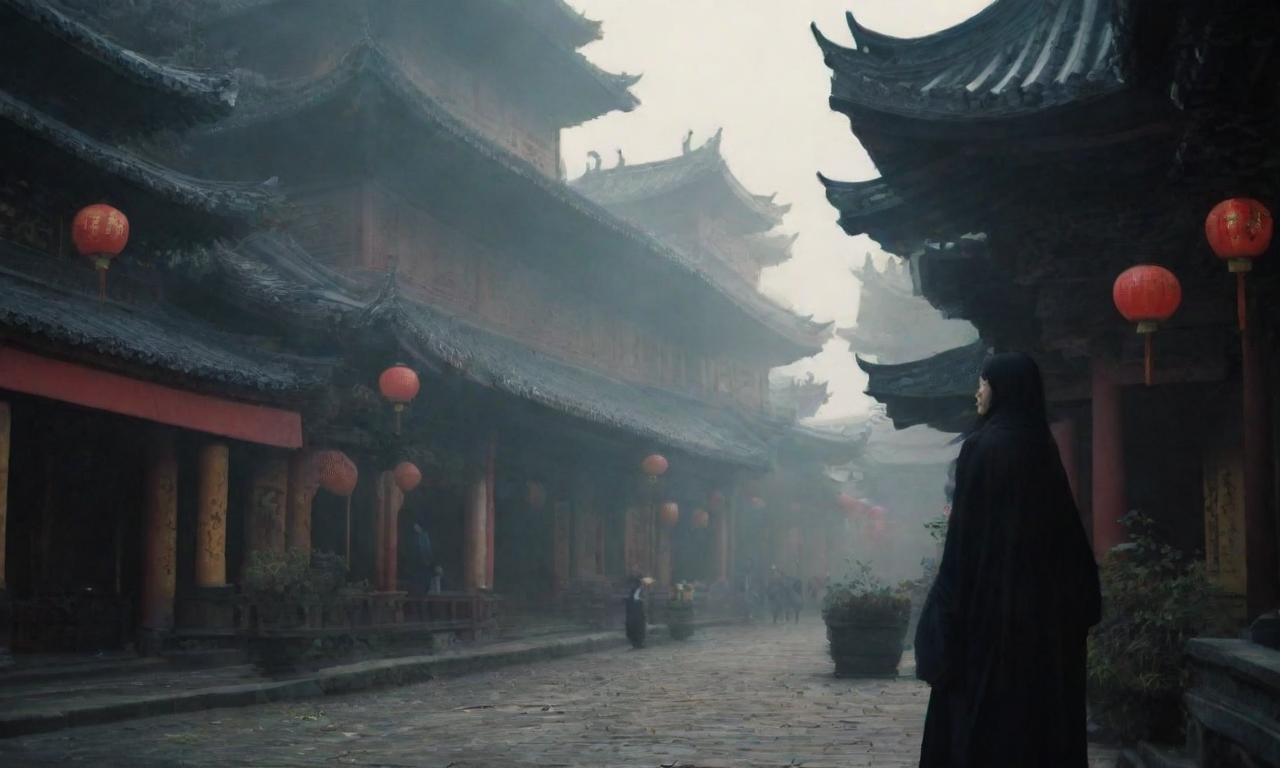By Wen Shuangchun (Professor at Hunan University)
Part 1
Recently, a young doctoral supervisor from a top domestic university, as a committee member, participated in the defense of a doctoral thesis at a renowned institute. After the defense, several advisors chatted over tea, and the young supervisor mentioned a requirement given by one of his graduate students for the research topic: they wanted a research direction that would not become outdated for at least 20 years. The young supervisor said he had no idea where to find such a direction.The renowned institute immediately expressed sincere admiration for the young supervisor, envious that he had encountered an exceptionally rare and outstanding student.If we look at the entire population of graduate students, it may be an exaggeration to say that such a student is exceptionally rare. However, having been a doctoral supervisor for over 20 years, nearing the end of my career, I have yet to encounter such a student. Looking at it from my own perspective, the chances of a supervisor encountering such a student are less than once in a thousand years.So why do we say that this student is exceptionally rare? And where can we find a research direction that remains relevant for at least 20 years?Part 2
I suggest that the young supervisor read "Journey to the West," not necessarily the entire book, but at least the first two chapters.When Sun Wukong became a disciple of Patriarch Bodhi, "There were countless other disciples who followed him in cultivation. Even today, there are still thirty to forty people practicing under him."Patriarch Bodhi is a top-tier immortal with the same lifespan as heaven and earth, and his tenure as a master has probably lasted for thousands of years. For countless years, among the countless disciples of Patriarch Bodhi, why is it that only Wukong became renowned and made a name for himself, while others remained unknown?Among the "thirty to forty people practicing under him" (including Wukong who joined later), why did Wukong alone receive the exclamation from Patriarch Bodhi, "You have affinity now, and I am pleased to speak"? Two questions, one answer: Among the countless disciples of Patriarch Bodhi, it was only Wukong who determined to "learn a method of immortality" and refused to learn anything else.Twenty years is roughly the duration of an entire research career for a PhD holder. Having a research direction that remains relevant for at least twenty years may not mean eternal youth and immortality, but it is a lifelong pursuit for ordinary people.If the criterion of "wanting a research direction that remains relevant for at least twenty years" is equivalent to Wukong's determination to "learn a method of immortality," then this graduate student is an exceptional student just like Wukong, truly rare!Part 3
How does the pursuit of a long-lasting research direction affect a person's achievements?After becoming Patriarch Bodhi's disciple, on the first day, Wukong learned how to interact with the masses, how to handle situations, and how to come and go gracefully. From the second day onwards, he "learned proper language and manners from his senior brothers, discussed Buddhist scriptures and delivered lectures, practiced calligraphy, burned incense, and did this every day. When free, he swept the floor, hoed the garden, raised flowers and trimmed trees, collected firewood, lit fires, and fetched water and carried billets."These activities may seem unrelated to scholarship and are comparable to the laborious work that graduate students jokingly refer to as "bricklaying" today. Wukong did these tasks for a total of six or seven years. It shows that Wukong was patient and not eager to find a research direction, which is a world of difference from many graduate students today who, as soon as they enter the program, hound their advisors for directions, topics, and papers that can be published.Even for someone naturally impatient, once their vision extends far into the future, they become less impulsive and more patient.Afterward, Patriarch Bodhi discussed research directions with Wukong in a class.Patriarch Bodhi asked Wukong, "What do you want to learn from me?"Wukong replied, "Whatever you teach me, I will learn." Did Wukong really "learn whatever was taught by his master"?Patriarch Bodhi subsequently put forward various directions such as "techniques," "flow," "stillness," and "movement." Wukong didn't understand, nor did he delve into them. For each direction proposed by Patriarch Bodhi, Wukong consistently raised the same question: "Will this lead to immortality?"







